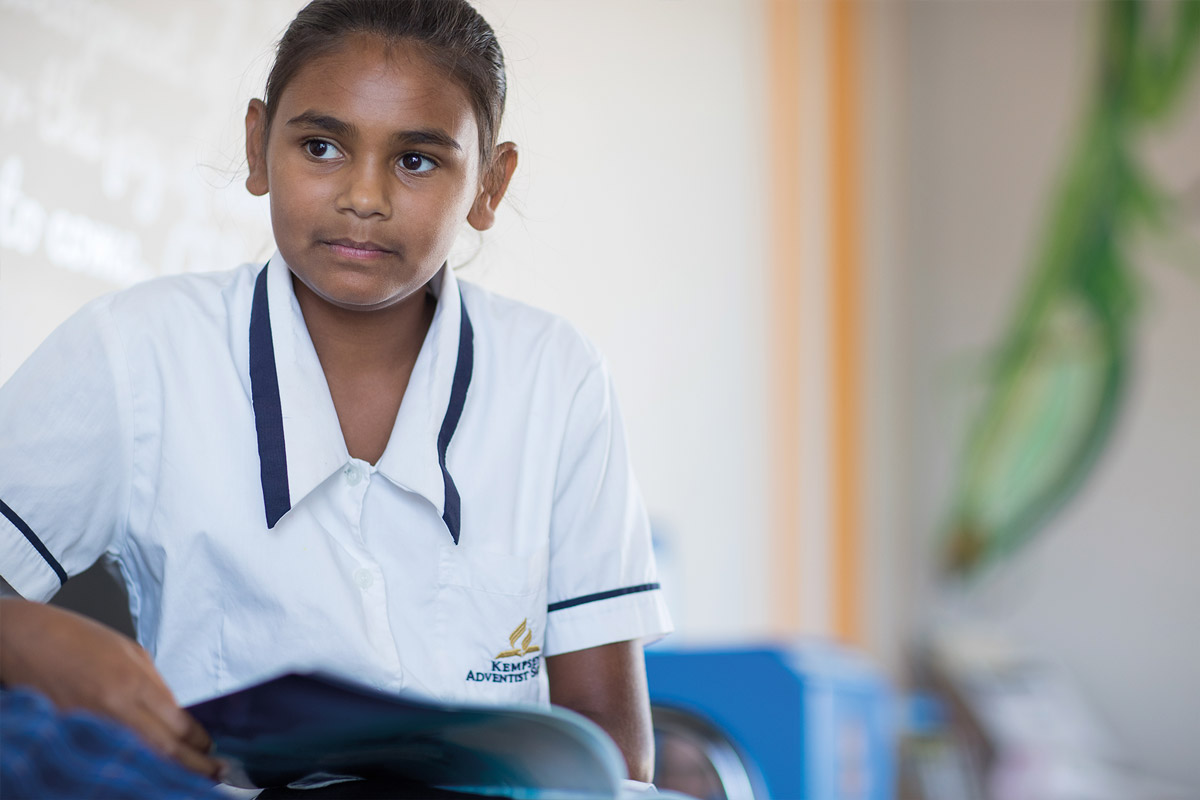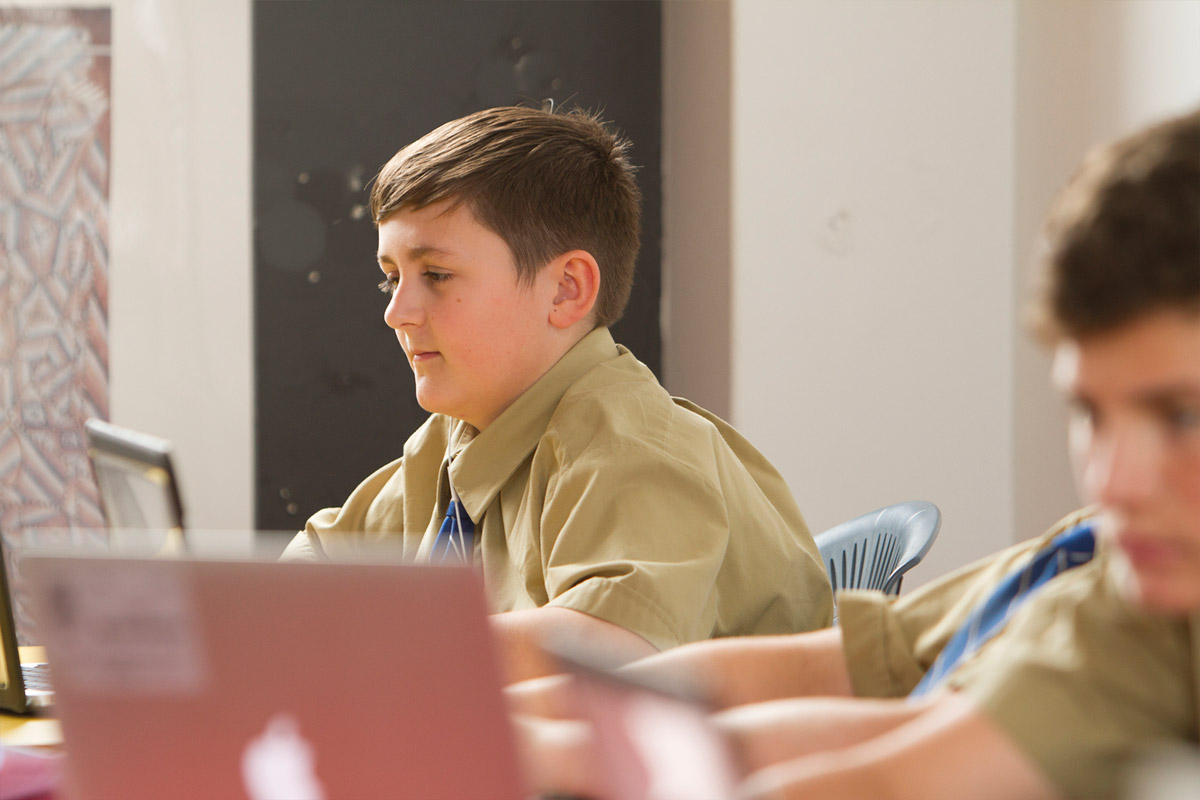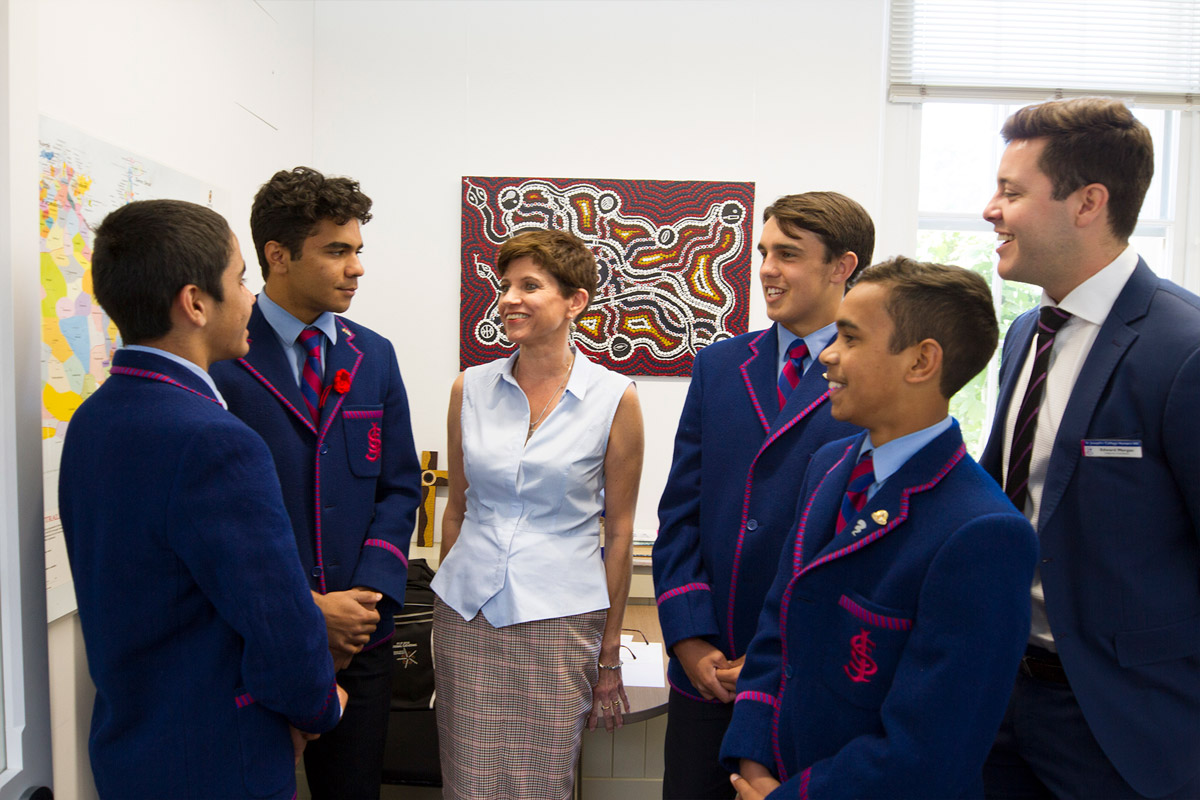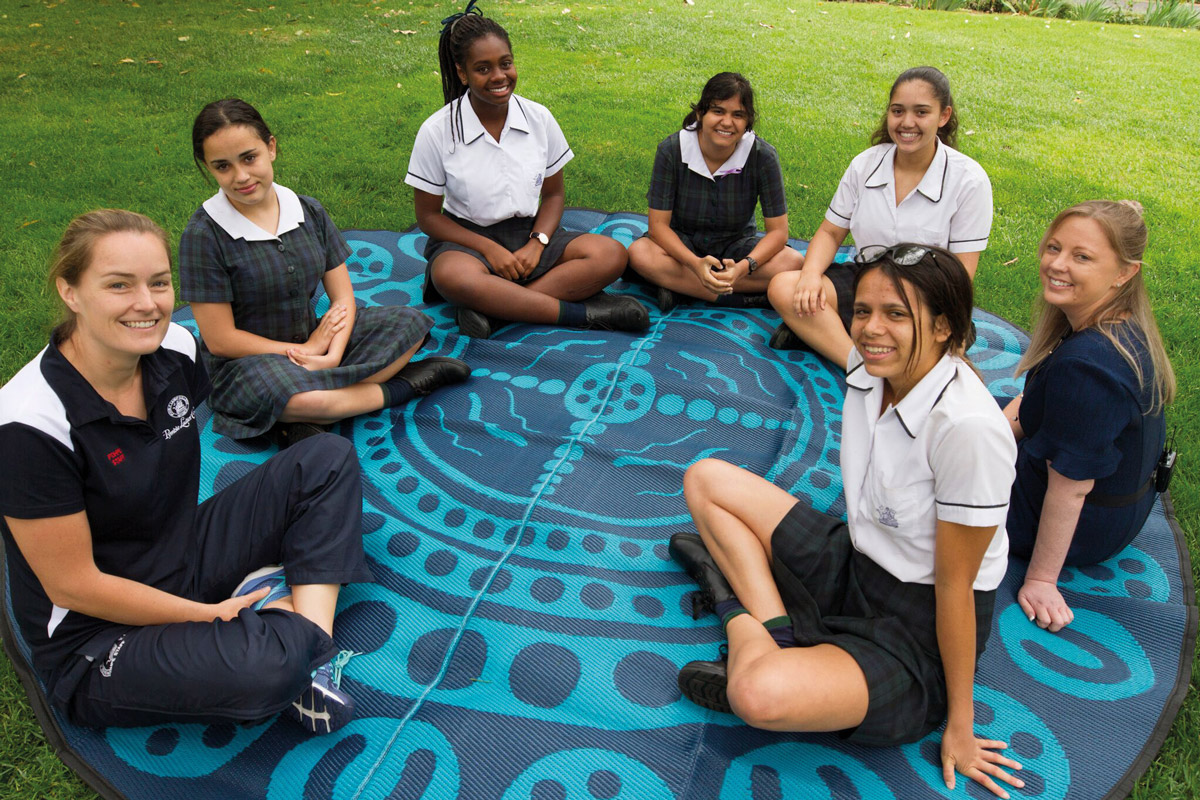A unique pilot project involving four NSW independent schools has shown to have significant success in lifting the literacy and numeracy outcomes of Aboriginal and Torres Strait Islander students.
The first of its kind for the NSW independent schools sector, AISNSW Pilot Project: Improving Outcomes for Aboriginal and Torres Strait Islander Students aims to address the critical disparities in the education outcomes between Indigenous and non-Indigenous students.
AISNSW Chief Executive, Dr Geoff Newcombe AM, said the evaluation findings of the two-year pilot, delivered in a report by Jumbunna Institute of Indigenous Education and Research, demonstrate successful results in increasing students’ academic and wellbeing outcomes as well as in students’ general happiness, sense of pride and belonging at school.

“The evaluation report presents 16 recommendations that can contribute to closing the gap in education inequity through evidence-based strategies that have been shown to enhance Aboriginal and Torres Strait Islander students’ academic results along with their broader life outcomes,” Dr Newcombe said.
“These positive outcomes are the result of schools focusing on intensive literacy and numeracy programs coupled with developing authentic relationships with the students, their families and Community.
“Broader outcomes for the students include increased engagement with learning, increased confidence in their learning capabilities, improved self-management such as independent goal setting and time management, and increased aspiration for school and future education success.”
Play the video to find out more
The schools invited in 2016 to join the Phase 1 of the program each have significant numbers of Aboriginal and/or Torres Strait Islander students. The four schools are: Kempsey Adventist School, Pymble Ladies’ College, St Ignatius’ College, Riverview and St Joseph’s College, Hunters Hill.
Dr Paul Hine, Principal of St Ignatius’ College, Riverview said the focus on students’ academic and pastoral care needs were the program’s strengths
“It’s a very holistic program and I think that’s one of the great strengths – it’s not just pouring it all into numeracy and literacy but it’s pouring it into the way they can be looked after pastorally and their socio cultural needs taken account of right from the start.”

Leanne Lesic, Principal of Kempsey Adventist College, said a whole-school approach has the key to the program’s success at the school.
“Whole school buy in is everything, that is how you change culture.
“The greatest impact has been the young people feel connected, they feel valued and articulate quite clearly that they love their culture is valued.”
Phase Two of the project includes an additional 12 schools, including government school Casino High School, clustered as networks around the initial four schools to draw on their experiences and learnings.

“AISNSW initiated the project because as a member organisation we support independent schools to provide a quality schooling experience for all of their students,” Dr Newcombe said.
“I am confident that this model of collaboration will inspire more schools in NSW and in other states to implement the strategies that have been shown to improve academic outcomes for Aboriginal and Torres Strait Islander students,” he said.
"The aim of our schools, and of all schools, is to meet the needs of students to ensure that the individual student reaches his or her full potential.
“We’re talking about equity and teaching and learning. That has to be our focus.”
